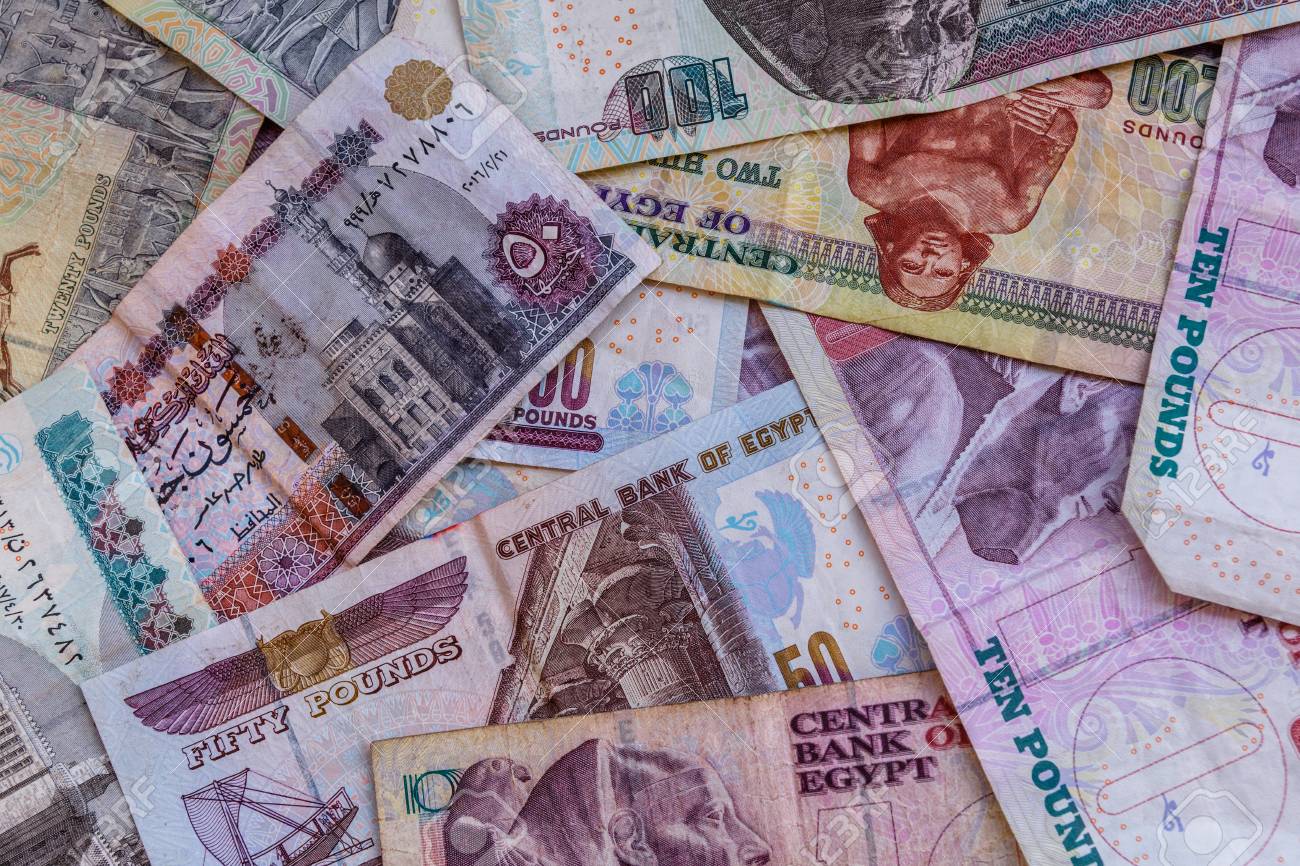Egypt is taking steady steps towards a cashless economy. Parallel to the Central Bank of Egypt’s efforts to enhance financial inclusion, a new law regulating cashless payments (the “New Law”) was promulgated on April 16th, 2019, and published in the Egyptian Official Gazette on April 17th, 2019.
Whereas financial inclusion targets bank customers through digital financial services, the New Law is encouraging the use of cashless methods of payments in transactions undertaken by individuals, private corporations as well as governmental bodies.
Salaries, wages, and social insurance
The New Law requires all governmental entities, public entities, and corporations, companies where the government is a major shareholder or a sole shareholder (all referred to hereinafter as “Public Entities”) to pay salaries of their employees as well as social insurance through cashless methods of payments.
The same requirement applies to private corporations if the number of their employees or the total amount of salaries exceeds certain thresholds to be determined by the executive regulations of the New Law (the “ER”).
Mandatory cashless payment for exceeding the threshold
Public entities are required by the New Law to pay for the following transactions, inter alia, through cashless payment methods if their values exceed the limits to be determined by the ER: (i) payments to suppliers, service providers, and contractors, (ii) fees associated with buying, renting, and exploiting lands, real estate, and vehicles; (iii) distribution of dividends resulting from the participation in the capital of companies or investment funds.
Cashless payment for public services:
The New Law indicates certain public services that require a cashless method of payment if a certain threshold is exceeded. Among these public services are (i) taxes, customs, fees, and fines payable to the state, (ii) syndicate membership fees and private insurance fund fees, and (iii) the receiving of donations for non-governmental organizations.
It should be noted that the New Law stipulates that public entities or corporations that provide public services or manage public facilities must allow people to make cashless payments at no additional cost.
Incentives
The New Law allows for a reduction or a refund of the amount paid through a cashless payment method.
Fines
The New Law specifies a fine with a maximum of EGP 1 million to be applied on anyone who violates the prohibition of cash in the cases detailed above. The fine ranges from EGP 100,000 to EGP 300,000 if the public entity/corporation fails to allow and facilitate cashless payments for its public services.
Market Reaction
The Ministry of Finance said: “around 7,000 point-of-sale (POS) terminals – electronic devices used to process card payments – have already been installed at government institutions, including real estate and registration offices, traffic departments and universities”.



